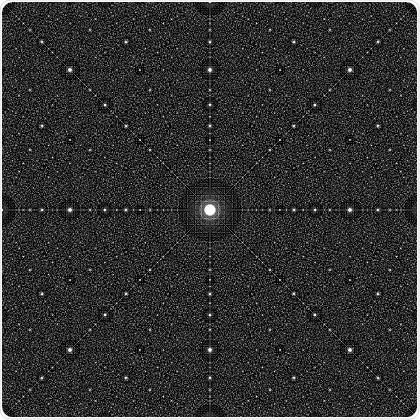Sep 12 2018
A discovery by a University of Queensland researcher could speed up MRI scanning times and make the scans more affordable.

Dr Shekhar Chandra from UQ’s School of Information Technology and Electrical Engineering has identified a new class of fractals, a mathematical pattern that could boost the MRI scanning process and allow a full body scan to be completed four times faster.
“A variety of fractals have been discovered since the early 70s but none of them has been applicable to MRI until now,” he said.
A fractal is a never-ending pattern that repeats itself in different scales.
In technology terms, it becomes a sampling pattern used by the MRI machine to ensure only the necessary information is captured, leaving any redundant imaging data behind.
“We’ve demonstrated that we can use the repetitive property of the pattern to our advantage to reduce the measurements required for an MRI scan,” he said.
Dr Chandra said the find would allow doctors to obtain more imaging information in less time, without compromising the quality of the image.
It also means patients will spend less time in the machine, allowing more scans to be completed and reducing waiting lists.
“I believe we can be more intelligent in the way we collect our measurements and data to greatly improve patient outcomes,” he said.
“My research proves that this sensing methodology can eventually be applied to many areas of science, including astronomy, biomedical engineering and computer science.
“In theory, we’ve shown this discovery will improve MRI technology, but more work and more funding is needed before it can become a reality.”
Dr Chandra’s work is published in the journal IEEE Transactions on Image Processing (DOI: 10.1109/TIP.2018.2864918).
This research is just one example of how UQ continues to lead the way in MRI technology and performance.
More than 70 percent of clinical MRI systems installed worldwide contain patented technology developed at UQ.
Source: https://www.uq.edu.au/news/node/122321